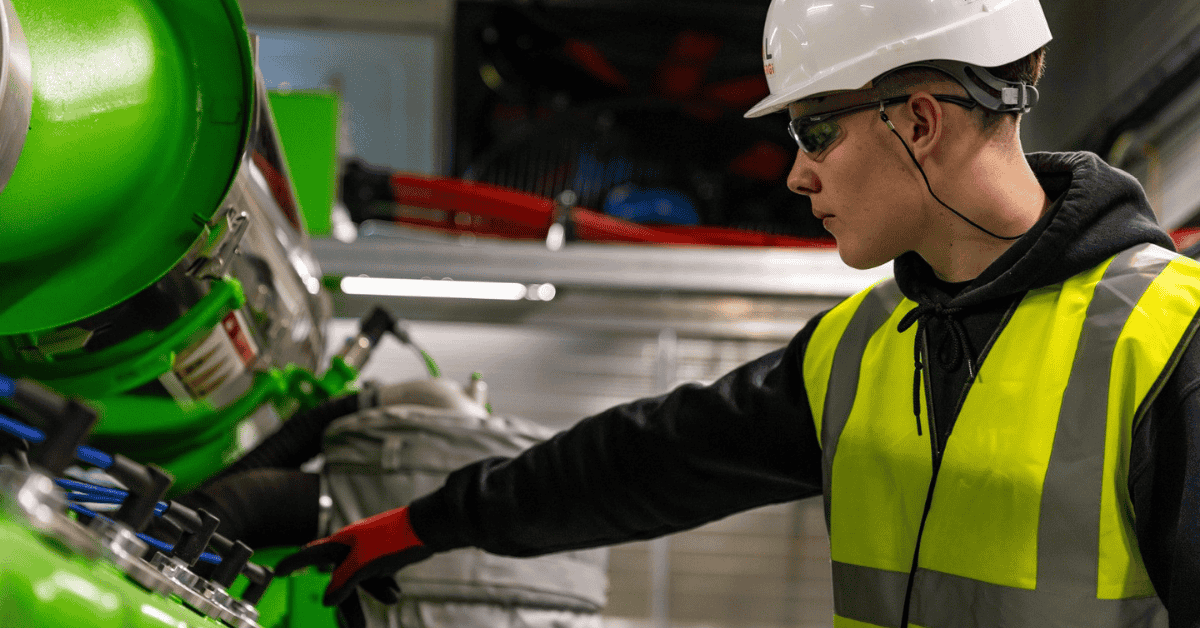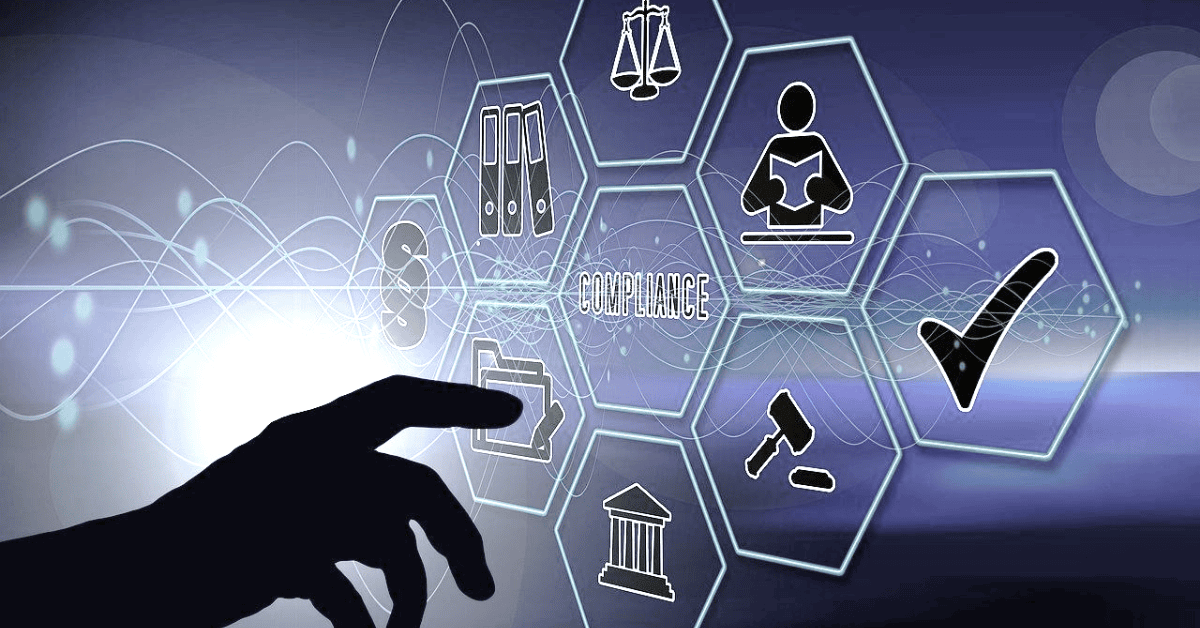A speculative but serious take on how international standards will govern off-planet commerce, mining, and research in the age of SpaceX and ISRO
By Katyayani Mishra
In 1957, Sputnik’s beeping signal announced humanity’s entry into the space age. In 1969, Neil Armstrong stepped onto the Moon. Today, over half a century later, we’re no longer talking about space as a distant frontier. We’re talking about space as a commercial space.
Commercial launch companies like SpaceX, Blue Origin, and Rocket Lab are sending payloads—and soon, tourists—into orbit. Nations like India are not just catching up, but leading in cost-effective missions, satellite deployment, and lunar exploration through agencies like ISRO. The European Space Agency, China’s CNSA, and private players in Japan and the UAE are entering ambitious phases of lunar, Martian, and deep-space exploration. And right behind the rockets and rovers come companies eager to mine asteroids, set up research stations, and build satellite-based internet constellations.
The question is no longer “Can we go to space?” but rather “How do we do business in space responsibly, safely, and consistently?”
In this new space economy, standards—especially those led by bodies like the International Organization for Standardization (ISO)—will play a vital role. They may determine whether this future unfolds smoothly or stumbles into chaos.
Welcome to the age of space standardisation.
Why Standards Matter in Space
On Earth, standardisation underpins everything—from container sizes to USB protocols. In space, however, the stakes skyrocket.
- Interoperability: Docking ports, data links, power systems—must connect seamlessly across missions, agencies, and nations.
- Safety: In a hostage-to-fate environment, robust protocols—like spacecraft fire suppression or astronaut rescue—are non‑negotiable.
- Resource Management: Asteroid mining or lunar water extraction demands shared clarity on volume, methods, waste, and rights.
- Environmental Responsibility: Orbital debris and lunar heritage preservation require standards to prevent costly collisions and cultural loss.
Without standards, we don’t just risk confusion—we risk conflict, waste, and environmental catastrophe in a domain that’s already harsh and resource-constrained.
The Expanding Domain of ISO: Earth to Orbit
The ISO, known globally for its more than 24,000 standards ranging from food safety to cybersecurity, is already quietly working in the background of the space economy. ISO/TC 20 and ISO/TC 20/SC 14 are committees specifically focused on aerospace and space systems. These address standards for:
- Satellite components and interoperability
- Cleanroom standards for spacecraft assembly
- Environmental testing of orbital equipment
- Space debris mitigation
The foundation for space standards exists. But with accelerating missions—lunar bases, asteroid mining, interplanetary travel—the scope must expand dramatically.
Standardising the Lunar Economy
The Moon is likely to be the first true test of a multi-national, multi-actor commercial space zone. Missions from India, the US, Japan, and others are targeting lunar resource mapping, robotic exploration, and even habitation.
ISO could play a central role in defining:
- Construction standards for lunar bases (dimensions, shielding, modularity)
- Energy-sharing protocols for solar and nuclear grids
- Data-sharing frameworks across scientific and commercial operators
- Safety and rescue protocols, similar to maritime obligations
There’s also a need for environmental and ethical standards. The Moon’s fragile ecosystem and heritage sites (like Apollo landings) demand preservation. ISO’s sustainability frameworks could evolve to cover off-Earth environments.
Mining the Stars: Regulation Meets Commerce
Asteroid mining is rapidly transitioning from fiction to feasibility. Private firms are preparing to extract platinum, cobalt, and rare earths from near-Earth asteroids.
But this raises major questions:
- Who owns off-world resources?
- How are safety, transparency, and cleanup managed?
- What dispute resolution mechanisms apply?
ISO-like standards could address:
- Celestial body classification and extraction zones
- Yield, waste, and impact measurement benchmarks
- Safety protocols for autonomous space mining equipment
- Technical complements to treaties like the Outer Space Treaty and Artemis Accords
India’s Role: Standard-Setter or Standard-Follower?
India, through ISRO, has achieved global acclaim with cost-effective, precise missions like Chandrayaan and Gaganyaan. With private sector innovation rising, India is positioned to influence—not just follow—space standards.
Key initiatives include:
- The Catalogue of Indian Standards for Space Industry, released by BIS, ISRO, and IN-SPACe
- Participation in the Consultative Committee for Space Data Systems (CCSDS)
- Collaborations with NASA, ESA, and JAXA on shared infrastructure
India has the opportunity to:
- Push for multipolar standards reflecting developing nations’ interests
- Embed sustainability and ethics early in off-Earth operations
- Champion open, inclusive access to space infrastructure
This isn’t just about national prestige—it’s about long-term economic opportunity and global influence.
Educating for a Standardised Space Economy
Business education must evolve alongside engineering and space law. Tomorrow’s leaders will need to understand:
- Space law and international governance
- The economic role of technical standards
- Risk frameworks in orbital environments
- Multinational cooperation in extreme settings
Case-based learning around space missions, standards negotiations, or interplanetary supply chains will prepare students to create—not just follow—the rules of the future.
Conclusion: Building a Shared Framework for the Final Frontier
As humanity expands into space, we’re not just building rockets—we’re building a new world order. And like all world orders, it needs rules. It needs norms. It needs standards.
Bodies like ISO, backed by global cooperation and expertise, can ensure the space economy grows equitably and safely. They provide a blueprint for interoperability, accountability, and fairness—just as critical off-Earth as on it.
The age of space commerce is here. The question is: will we standardise before we scale, or scramble to contain chaos after liftoff?
At BSB Edge, we believe the choice is clear. The standards we write today may one day define how we live, work, and govern beyond Earth.







Leave a Reply